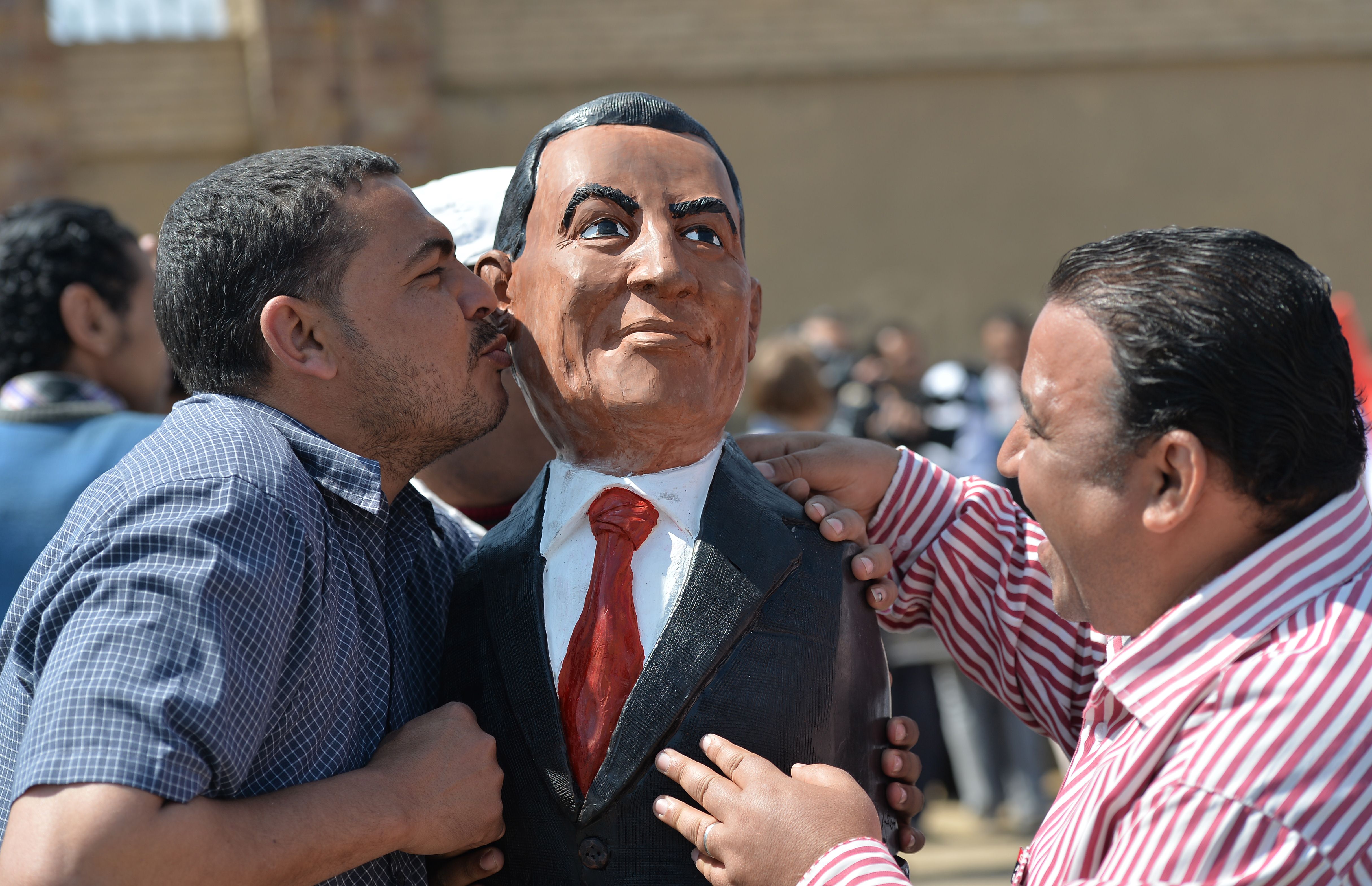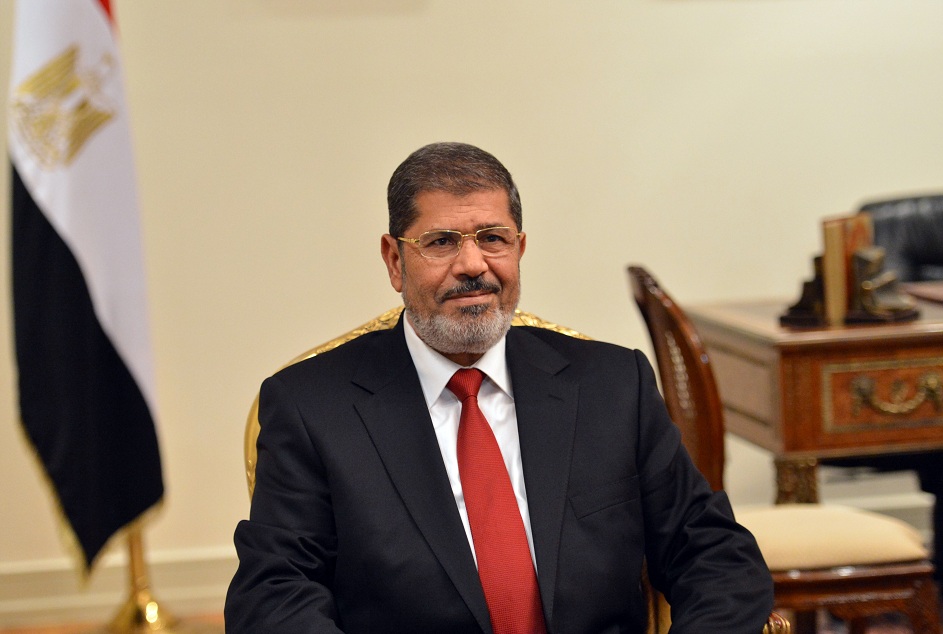Egypt’s Ministry of Agriculture and Land Reclamation and the United Nations World Food Programme (WFP) have signed an agreement to launch the second phase of the “Transforming the Livelihoods of Smallholder Farmers” project. The signing ceremony took place on Tuesday at the Central Bank of Egypt (CBE) headquarters, witnessed by CBE Governor Hassan Abdalla and Minister of Agriculture and Land Reclamation Alaa Farouk.
The project, which aligns with the CBE’s Financial Inclusion Strategy (2022-2025), aims to empower smallholder farmers and improve their livelihoods through optimal land and water resource utilisation. It also focuses on empowering women economically and providing financial literacy programmes.
The second phase will expand to incorporate several villages supported by the “Decent Life” (Hayah Karima) initiative, focusing on six governorates in Upper Egypt: Luxor, Aswan, Qena, Sohag, Assiut, and Al-Minya. Five participating banks—the National Bank of Egypt (NBE), Banque Misr (BM), Agricultural Bank of Egypt (ABE), ALEXBANK, and Abu Dhabi Commercial Bank (ADCB)—will allocate over EGP 120 million to fund the project.
The project’s first phase, which ran from December 2020 to June 2022, saw significant improvements in farmers’ livelihoods, including a 34% increase in crop production, a 35% increase in net profit, and a 37.5% reduction in costs. The project also supported the capacity building of 50 social and civil organisations and provided training for over 2,250 candidates across all designated villages, with 31% of women participation. The first phase also offered financial literacy lectures and seminars to around 35,000 beneficiaries, out of which 47% were women. Funding was also provided for approximately 15,000 women to establish livestock projects, yielding a net return of up to 55%.
“The CBE is keen to support the collaboration among local and international institutions to achieve Sustainable Development Goals “SDGs” through promoting financial inclusion and economically empowering all society segments,” Abdalla said. “The project focuses on the agriculture sector which comes at the forefront of the prioritized sectors within the Egyptian economy. It will also help improve the livelihood of a large segment of citizens, in addition to boosting food production, while adhering to the applicable environmental standards, in alignment to the state’s efforts towards enhancing the economy and achieving sustainability.”
“The project aims to support smallholder farmers in Upper Egypt by building their capacities to combat the negative impacts of climate change on agricultural and livestock production, through a set of innovative and applicable mechanisms,” Farouk said. “These mechanisms include; improving production quality through land consolidation to standardise crop production, installing solar panels, applying modern irrigation techniques, as well as using high-quality seeds. It also provides the necessary technical support and agricultural guidance, and promotes recycling agricultural waste.”
Jean-Pierre de Margerie, WFP Egypt Representative and Country Director,highlighted the project’s impact on empowering smallholder farmers, notably women farmers. “This innovative financing project addresses immediate food security challenges, while promoting long-term sustainability and enhancing the resilience of rural communities. WFP is dedicated to supporting farmers’ livelihoods and ensuring they are equipped to face the impacts of climate change. This will ultimately contribute to food security and economic development in Egypt at multiple levels.”




